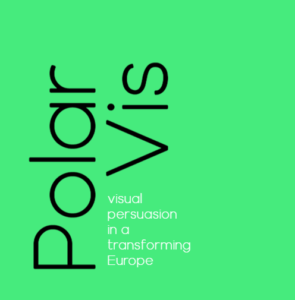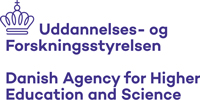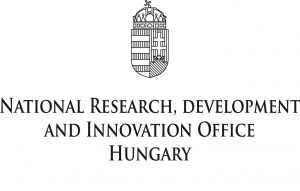
The PolarVis project examines the role of visual content in processes of political polarisation and belonging in the digital age. The visual dimension is increasingly salient online, where it underpins both conflict and connection. Photos, videos and memes offer a powerful form of political communication. Political actors use them to frame issues, mobilise support and build (or undermine) legitimacy, and citizens and platforms play a part by modifying, sharing and amplifying them. This project forges a unique interdisciplinary framework to study the implications of networked visual persuasion at large scale. We combine in-depth qualitative approaches, network analysis and computational text and image analysis methods to understand how, why and with what consequences visual content becomes a mechanism of polarisation and belonging in Europe. We focus on the intergenerational issue of climate change and green transition, and address four key questions:
– How do movements use visual content in their communication?
– What are the characteristics of this visual content and how does it form visual narratives?
– How do online audiences react to the visual content?
– How does this content spread online, and allow like-minded or opposed groups to emerge?
The project advances the study of polarisation in its political, societal and affective dimensions, and illuminates dilemmas facing stakeholders that work to engage citizens with climate change online.
CONSORTIUM:
- Project Leader: Alexandra Segerberg, Uppsala University, Department of Political Science, Department of Government, Sweden, e-mail
- Luca Rossi, Head of Digital Platforms and Data, IT University of Copenhagen, Department of Digital Design, Denmark
- Daniel Oross, Centre for Social Sciences, Hungarian Academy of Sciences Centre of Excellence/ Department for Political Behaviour, Hungary, e-mail
- Annie Waldherr, University of Vienna, Department of Communication, Austria
- Nicole Doerr, University of Copenhagen, Sociology, Denmark
 Start date
Start date
1 October 2022
 Project duration
Project duration
36 months
 Project budget
Project budget
€ 1 466 795
Funding organisations



![]()